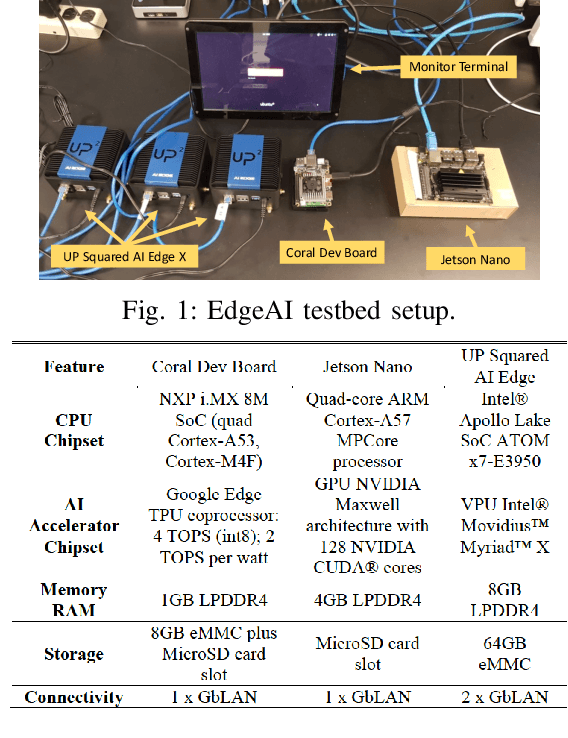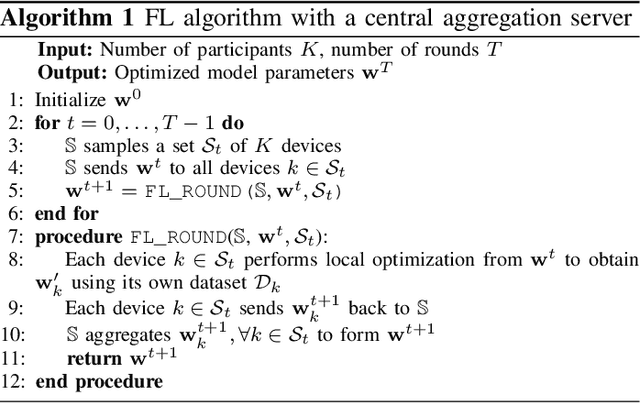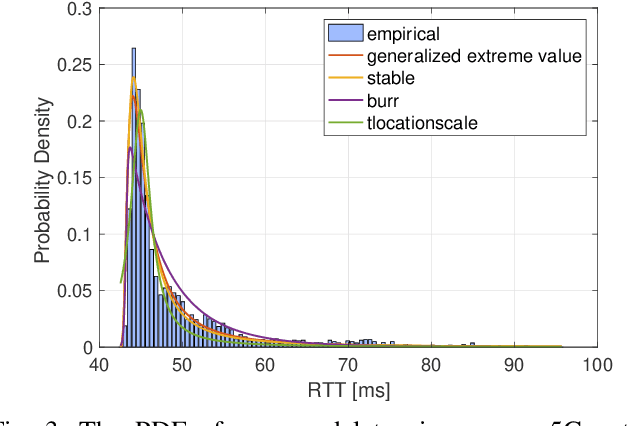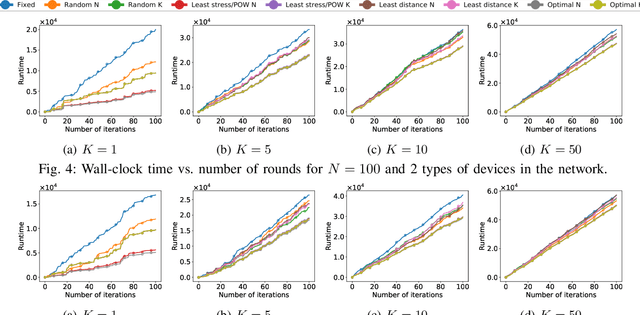On-the-fly Resource-Aware Model Aggregation for Federated Learning in Heterogeneous Edge
Paper and Code
Dec 21, 2021



Edge computing has revolutionized the world of mobile and wireless networks world thanks to its flexible, secure, and performing characteristics. Lately, we have witnessed the increasing use of it to make more performing the deployment of machine learning (ML) techniques such as federated learning (FL). FL was debuted to improve communication efficiency compared to conventional distributed machine learning (ML). The original FL assumes a central aggregation server to aggregate locally optimized parameters and might bring reliability and latency issues. In this paper, we conduct an in-depth study of strategies to replace this central server by a flying master that is dynamically selected based on the current participants and/or available resources at every FL round of optimization. Specifically, we compare different metrics to select this flying master and assess consensus algorithms to perform the selection. Our results demonstrate a significant reduction of runtime using our flying master FL framework compared to the original FL from measurements results conducted in our EdgeAI testbed and over real 5G networks using an operational edge testbed.
 Add to Chrome
Add to Chrome Add to Firefox
Add to Firefox Add to Edge
Add to Edge